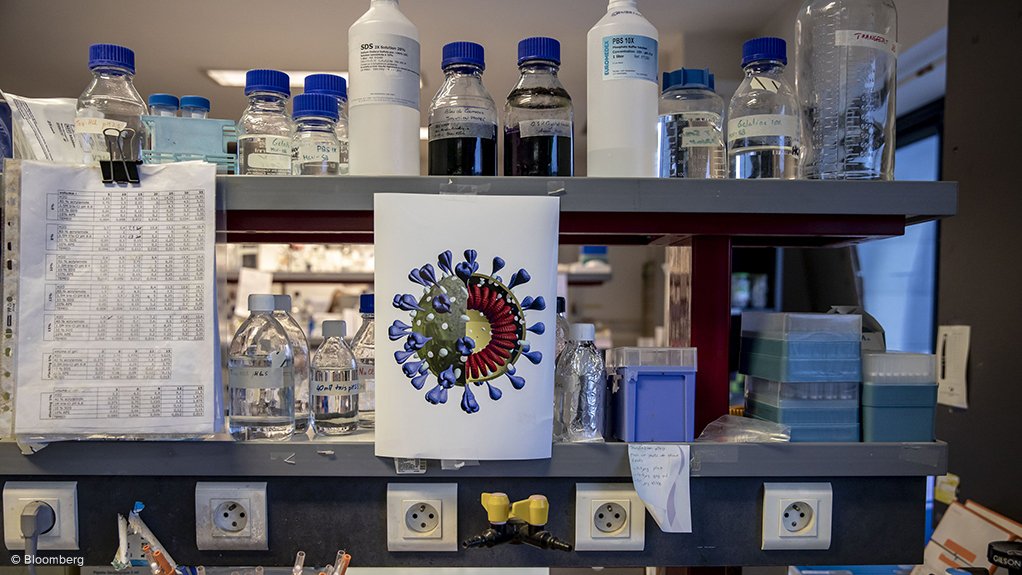British Health Secretary Matt Hancock has said the new Covid-19 variant identified in South Africa is a bigger risk than the highly infectious UK variant.
“I’m incredibly worried about the South African variant, and that’s why we took the action that we did to restrict all flights from South Africa,” Hancock told BBC Radio on Monday.
“This is a very, very significant problem […] and it’s even more of a problem than the UK new variant.”
Hancock said Britain needs to tighten restrictions in some areas of the country to tackle the rapid spread of a new variant of the coronavirus after cases surged in recent weeks.
On Sunday, there were nearly 55 000 new cases and in total more than 75 000 people in the country have died with Covid-19 during the pandemic – the second-highest toll in Europe and the sixth worst in the world.
Both Britain and South Africa have discovered new variants in the coronavirus in recent months.
Meanwhile, the ITV network’s political editor, citing an unidentified scientific adviser to the British government, said scientists were not fully confident that Covid-19 vaccines would work on the new South African variant.
“According to one of the government’s scientific advisers, the reason for Matt Hancock’s ‘incredible worry’ about the South African Covid-19 variant is that they are not as confident the vaccines will be as effective against it as they are for the UK’s variant,” ITV political editor Robert Peston said on Monday.
Scientists say the new South African variant is different from others circulating in the country because it has multiple mutations in the important “spike” protein that the virus uses to infect human cells.
It has also been associated with a higher viral load, meaning a higher concentration of virus particles in patients’ bodies, possibly contributing to higher levels of transmission.
John Bell, the regius professor of medicine at the University of Oxford who sits on the government’s vaccine task force, said on Sunday he thought vaccines would work on the British variant but said there was a “big question mark” as to whether it would work on the South African one.
He told Times Radio that if the vaccine did not work on the South African variant the shots could be adapted and that would not take a year.
“It might take a month or six weeks to get a new vaccine,” he said.
Britain on Monday began vaccinating its population with the Covid-19 shot developed by Oxford University and AstraZeneca, touting a scientific “triumph” that puts it at the vanguard of the West in inoculating against the virus.
Britain, which is rushing to vaccinate its population faster than the United States and the rest of Europe, is the first country to roll out the Oxford-AstraZeneca shot, though Russia and China have been inoculating their citizens for months.
Just under a month since Britain became the first country in the world to roll out the vaccine developed by Pfizer and Germany’s BioNTech, dialysis patient Brian Pinker, 82, was first to get the Oxford-AstraZeneca shot at 07:30 GMT on Monday.
Britain, grappling with one of the worst economic hits from the Covid crisis, has put more than a million Covid-19 vaccines into arms already – more than the rest of Europe put together, Health Secretary Hancock said.
“That’s a triumph of British science that we’ve managed to get where we are,” Hancock told Sky News. “Right at the start, we saw that the vaccine was the only way out long term.”
EMAIL THIS ARTICLE SAVE THIS ARTICLE
To subscribe email subscriptions@creamermedia.co.za or click here
To advertise email advertising@creamermedia.co.za or click here











